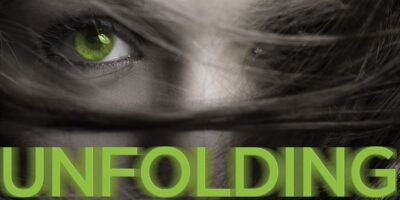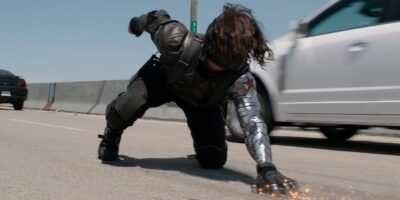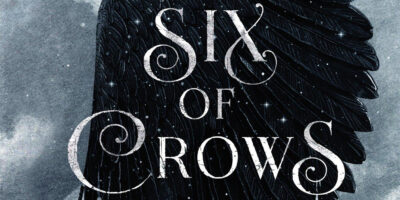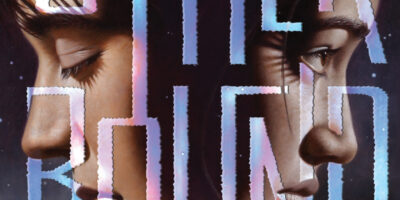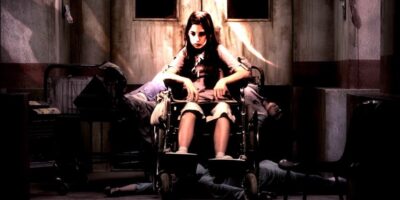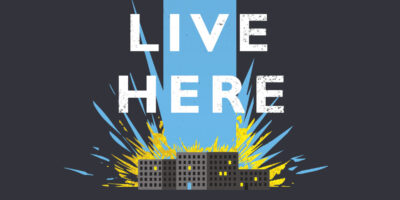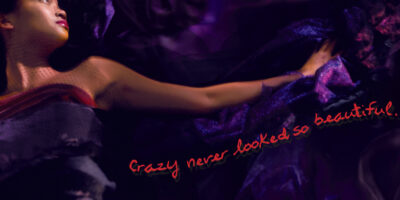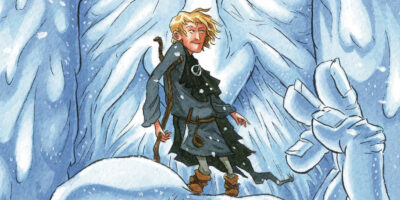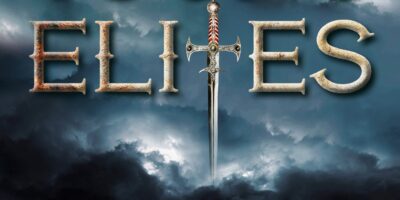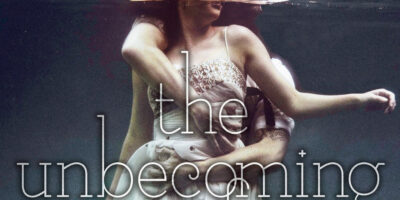-
Filter blog posts
Honor Roll titles
page 1 of 2
» older posts »
February 17, 2017
Review: Handbook for Dragon Slayers by Merrie Haskell
May 6, 2016
Review: Game World by Christopher John Farley
March 27, 2016
(Not) Engaging with Disability: Convenient Approaches in SFF
March 26, 2016
Interview with Leigh Bardugo about Six of Crows
March 26, 2016
Review: Six of Crows by Leigh Bardugo
March 25, 2016
Worldbuilding About, Through, and With Autism
March 24, 2016
Review: Otherbound by Corinne Duyvis
March 23, 2016
Discussion: Magical Disabilities
March 23, 2016
Review: Graceling and Bitterblue by Kristin Cashore
March 22, 2016
Interview with Courtney Summers about This Is Not a Test
March 21, 2016
Review: The Shattering by Karen Healey
March 20, 2016
Review: The Rest of Us Just Live Here by Patrick Ness
March 19, 2016
Overcompensating: Magical Erasure of Blindness in SFF
March 18, 2016
Review: Young Knights of the Round Table by Julia Golding
March 17, 2016
Discussion: Fictional Disabilities
March 16, 2016
Review: Bleeding Violet by Dia Reeves
March 15, 2016
Disability Metaphors in Sci-Fi and Fantasy
March 14, 2016
Review: Odd and the Frost Giants by Neil Gaiman
December 8, 2015
Review: The Young Elites by Marie Lu
November 6, 2015
Redefining Heroism
October 31, 2015
Review: Chime by Franny Billingsley
page 1 of 2
» older posts »

